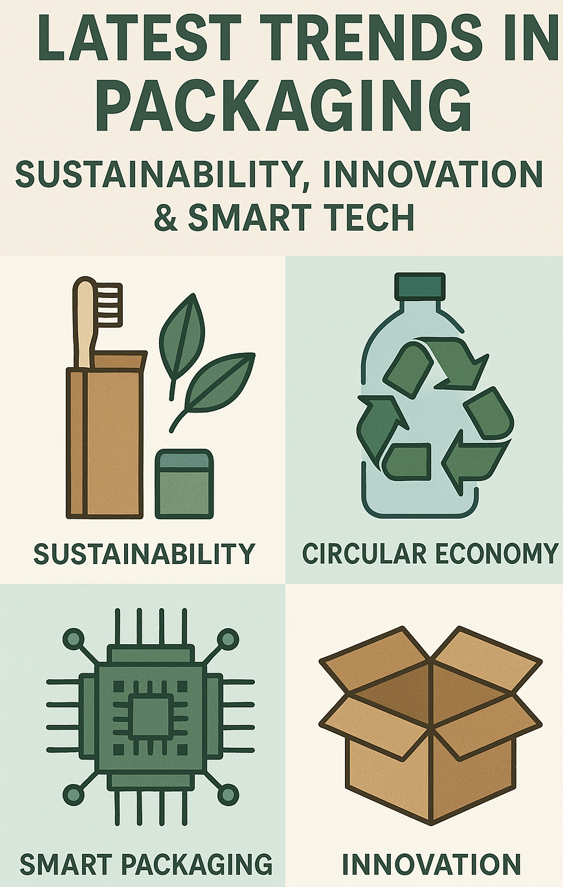
That’s how flying avocado Founder and Creative Director Ian Montgomery puts it. To get this out of the way, the name Guacamole Airplane is a play off on Ed Ruscha painting. The studio’s latest supplier guide is said to be “one of the industry’s most robust databases” on a range of sustainable materials and the companies that offer them.
The guide’s first iteration was in 2020. The new one is intended to be more user-friendly and includes more than 140 entries, additional images of materials and packaging, and detailed descriptions of each material’s sustainability background and disposal information. The guide also looks at design considerations, to help users understand the strengths and limitations of each material.
“I started Guacamole Airplane in 2018 to unite my background in environmental science with what, from my experience, was a real gap in how the field of packaging design approached sustainability,” Montgomery says.
“Packaging design was something I had a complicated relationship with. On one hand, we are designing garbage, responsible for filling up our landfills and waterways with the detritus of commerce. On the other hand, we’re living in an amazing time of material innovation, new ways of manufacturing and a real shift in mindset towards a more conscientious relationship with the goods we consume.”
Montgomery says a model for how to approach packaging is hiding in plain sight in nature.
“From orange peels to abalone shells, the natural world is full of examples of circular, low-impact packaging. And with sustainable manufacturing becoming increasingly more cost-competitive, I wanted to set up an agency equipped to help organizations tackle experimental and bold sustainable packaging projects.”
Why share the guide for free if it’s so valuable?
“The DNA of the studio is tied into the open-source movement, sharing information freely,” he explains. “One of our first projects was to build a series of experimental plastic recycling machines published open-source by a radical collective of Dutch designers led by Dave Hakkens. Since that experience, we’ve made it a real goal of the studio to share our learnings and experiences with our work along the way.”
Montgomery says since sharing the first guide in 2020, the scope and breadth of Guacamole Airplane’s work has grown tremendously. The guide has served as an entry point to helping organizations tackle large sustainable packaging challenges that go beyond just sourcing materials.
The response this year has been positive, Montgomery says. “We’ve heard from a nonprofit that the guide enabled them to pursue some prototypes of medical devices that they had previously hit a wall with. Similar stories have been emailed in to us from people who run companies selling home goods, clothing and food.”
The Sustainable Packaging Supplier Guide covers categories from polybags for clothing and bio-based alternatives to plastic foam to reusable e-commerce shippers and more. Supplier profiles explain what the Guacamole Airplane team likes about the company and provides a link to more information.
Examples include seaweed bags from Sway and chitin (shrimp shell) trays from Cruz Foam.
Montgomery hopes tools like the guide will encourage more brands to work toward better packaging solutions.
But he notes that sustainability is about more than just choosing a material and supplier. Instead, it’s a starting off point to embracing more sustainable practices across design, manufacturing and the logistics of supply chains.
“We intended the guide to be a place for clients and other designers to find specific information about different materials with ease,” the founder and CEO says.
“There wasn’t a place where brands could evaluate materials, and understand their relative properties and merits, so we made one.”







